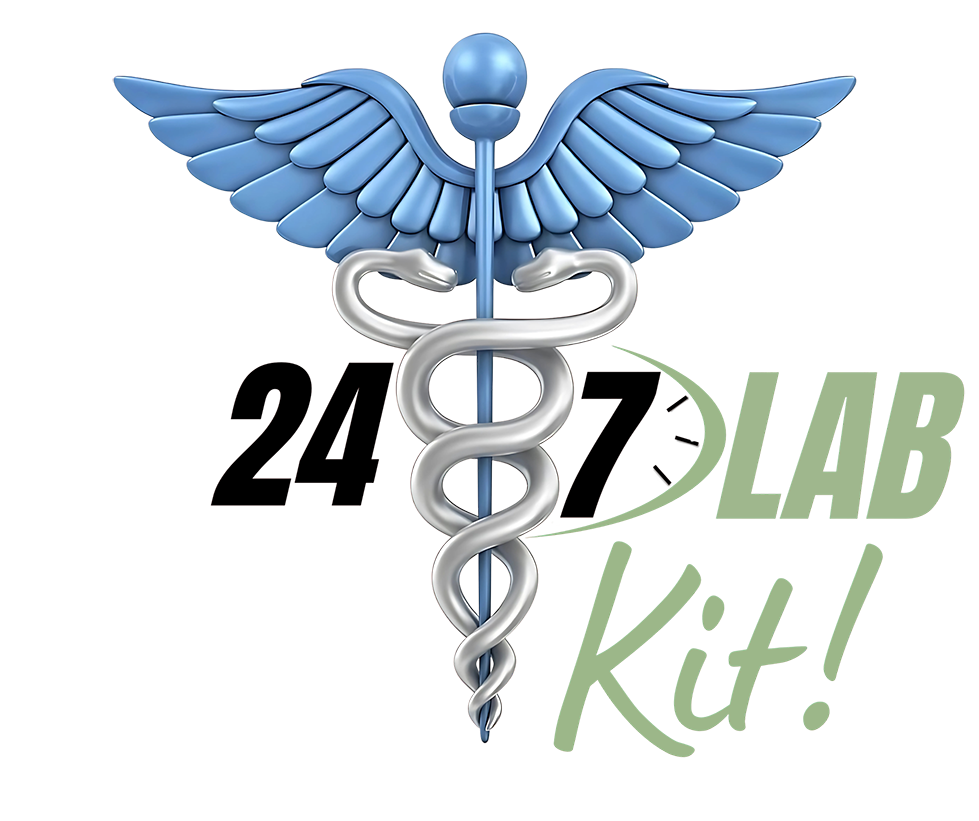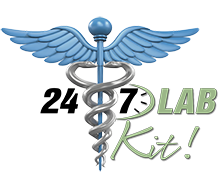Oral Herpes Symptoms, Causes, and Treatment
Oral herpes is a frequent type of sexually transmitted disease that affects the mouth and lips. A specific type of herpes virus is the primary cause of this infection. Oral herpes is also known as HSV-1, type 1 herpes simplex virus, or herpes labialise.
In other cases, the virus causes painful sores on the upper and lower lips, gums, tongue, roof of the mouth, inside cheeks or nose, and face, chin, and neck. It can cause genital lesions on rare occasions. A herpes simplex virus will infect a person who has been afflicted with oral herpes.
Causes of oral herpes
Oral herpes can be caused by direct skin contact with someone who is suffering from oral herpes. In most cases, people were infected with oral herpes in their childhood. Many young people get oral herpes via nonsexual contact with infected saliva. Oral herpes is mainly passed through kissing, getting in contact with a herpes patient’s skin, or sharing lip balm and razors with the infected patient.
Oral Herpes Symptoms
The initial (primary) oral herpes infection is frequently the most painful. It can induce flu-like symptoms such as enlarged lymph nodes and a headache. Some people, on the other hand, have no symptoms at all. Sores might appear around the lips, as well as throughout the mouth, during the early infection.
Recurrent infections are normally considerably milder, and the sores usually appear on the lips’ margins. After the initial infection, some people never have another epidemic. The most common oral herpes symptoms are listed below.
- At first, redness, swelling, heat/pain, or itching may emerge in the area where the infection will explode.
- On the lips or under the nose, fluid-filled blisters can occur. Blisters and fluids are highly contagious.
- When the blisters start to leak fluid, they will evolve into ulcers.
- After four to six days, the sores will start to crust over and heal.
- Oral herpes outbreak signs and symptoms can be confused with those of other illnesses or medical disorders. Always consult a medical professional for a clear diagnosis.
How can you keep oral herpes at bay?
HPV may be prevented from spreading to your partners and other parts of your body using a few ways.
- During oral, anal, and vaginal intercourse, always wear condoms.
- Consult your doctor about taking herpes medication on a daily basis to reduce your risk of spreading the infection.
- Even if you’re using a condom, avoid having intercourse during a herpes outbreak. It’s likely that there are sores that aren’t covered by the condom.
- Learn to see the signs of an outbreak and stop having sex as soon as you do.
- A burning, stinging, or tingling feeling may accompany the appearance of blisters.
Recurrence of oral herpes
Recurrences affect at least a quarter of patients with oral herpes. Symptoms vary from person to person, as they did in the first episode. Lesions can take the form of a blister, a cluster of blisters, or a sore. Likely, a recurrence will only manifest as the above-mentioned modest symptoms.
When a recurrent episode occurs, the signs and symptoms linger roughly 8–10 days on average. During the healing process, blisters or sore-like lesions will normally crust up.
If a person’s first episode has relatively minor symptoms, recurrences are likely to be similarly mild. Recurrences vary from person to person and tend to lessen over time. The UV radiation of the sun can cause skin cancer.
Oral Herpes Treatment
If you’re facing any oral herpes symptoms, you can get tested for oral herpes with our 247labkit HSV Kit. You can order this kit online and easily get tested at home.
Oral herpes treatment will be done based on the patient’s age, overall health condition, and personal preferences. The most important thing patient should keep in mind is to keep the infected area clean and dry. Two new topical treatments for oral herpes could be more effective, but they come at a price.
Xerese is a combination of acyclovir 5% cream and 1% hydrocortisone that works better than either ingredient alone. Interestingly, Xerese cream has been demonstrated to not only reduce the time it takes for lesions to heal, but also to reduce the likelihood of them returning. Unfortunately, Xerese is costly, and insurance rarely covers it. However, because it is a blend of two less expensive generic creams, talk to your doctor about creating your own.
Sitavig is a kind of acyclovir that can also be used to treat an outbreak of oral herpes. It’s a sticky tablet that you stick to your gums.




Comments are closed